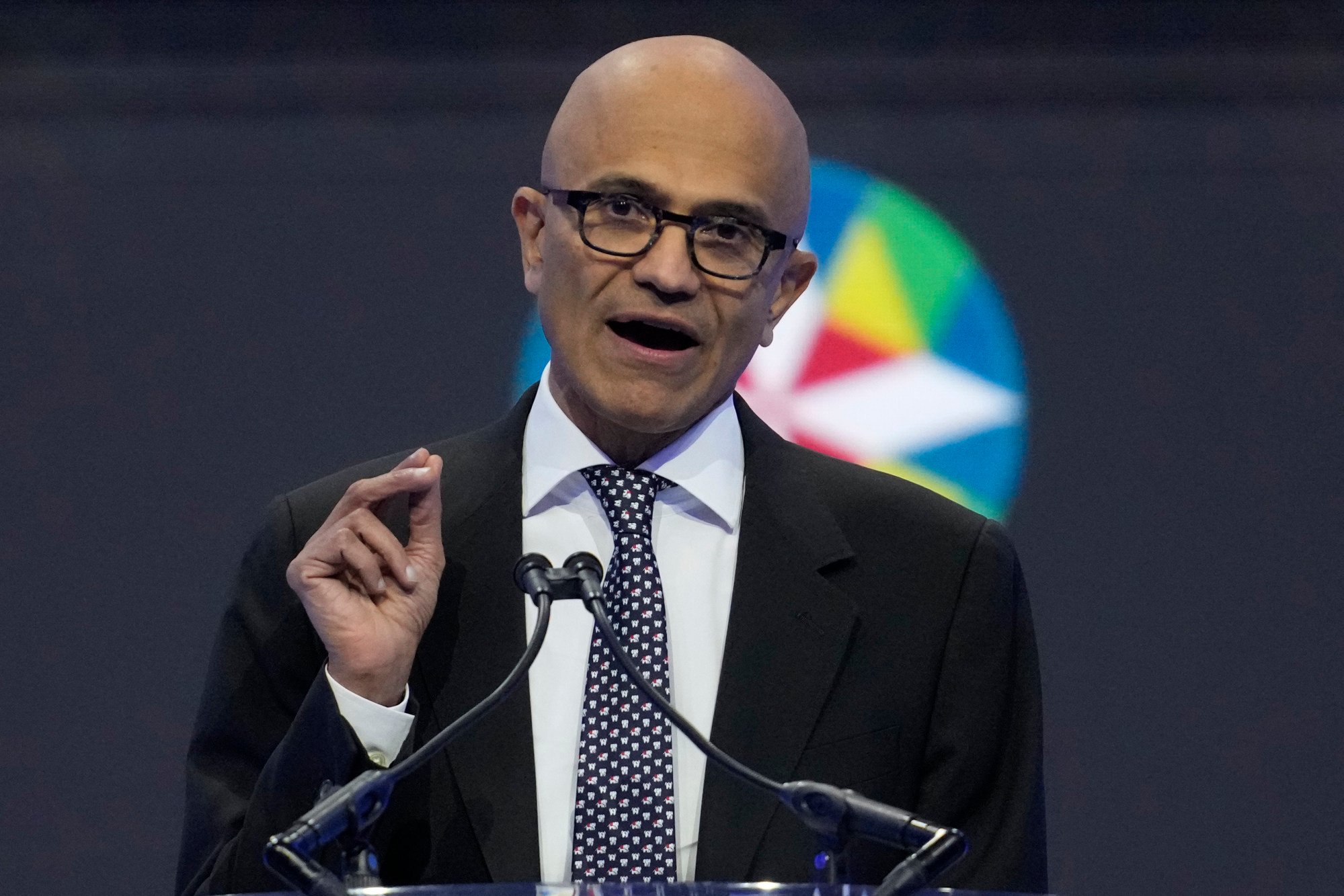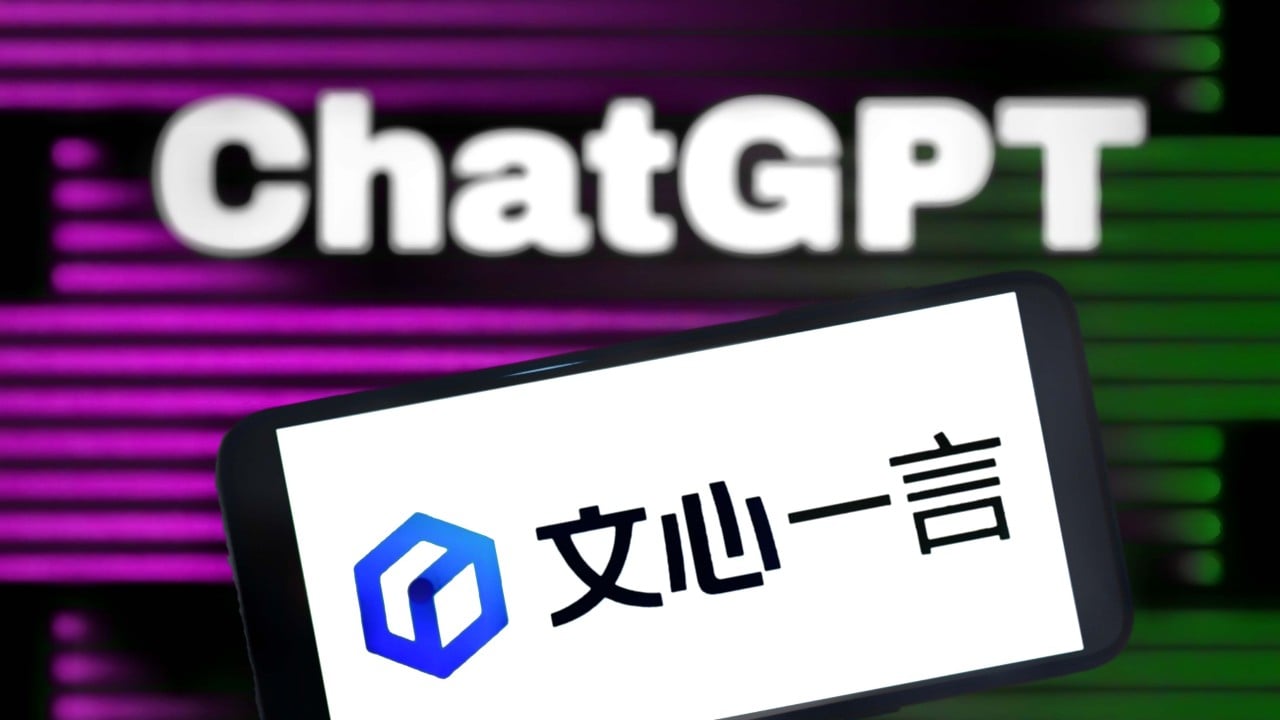
Before OpenAI ousting, CEO Altman tried to raise billions in the Middle East for chip venture
- Code-named Tigris, the project aimed to create an AI-focused chip company that could produce semiconductors rivalling those from Nvidia
- Altman has also been looking to raise money for an AI-focused hardware device that he has been developing with former Apple design chief Jony Ive
Altman’s chip venture is not yet formed and the talks with investors are in the early stages, said the people, who asked not to be named as the discussions were private.

Many details of the scale and focus of Altman’s chip ambitions as well as the project’s code name have not been previously reported.
Altman’s fundraising efforts came at an important moment for the AI start-up. OpenAI has been working to finalise a tender offer, led by Thrive Capital, that would let employees sell their shares at an US$86 billion valuation.
SoftBank and others had hoped to be part of this deal, one person said, but were put on a waitlist for a similar deal at a later date. In the interim, Altman urged investors to consider his new ventures, two people said.
A representative for Saudi Arabia’s PIF did not immediately respond to a request for comment. OpenAI, SoftBank and Mubadala declined to comment.
OpenAI said on Friday that Altman was ousted from his role after an internal review found “he was not consistently candid in his communications with the board”.
The board and Altman had differences of opinion on AI safety, the speed of development of the technology and the commercialisation of the company, according to a person familiar with the matter. Altman’s ambitions and side ventures added complexity to an already strained relationship with the board.
In a memo to staff, Brad Lightcap, OpenAI’s chief operating officer, said: “We can say definitively that the board’s decision was not made in response to malfeasance or anything related to our financial, business, safety, or security/privacy practices. This was a breakdown in communication between Sam and the board.”
Altman’s pitch was for a start-up that would aim to build Tensor Processing Units, or TPUs – semiconductors that are designed to handle high volume specialised AI workloads. The goal is to provide lower-cost competition to market incumbent Nvidia and, according to people familiar, aid OpenAI by lowering the ongoing costs of running its own services like ChatGPT and Dall-E.
Custom-designed chips like TPUs are seen as one day having the potential to outperform the AI accelerators made by Nvidia – which are coveted by AI companies – but the timeline for development is long and complex.

Tapping investors overseas could raise concerns with US regulators. “If the foreign investments are passive – for example, don’t come with board seats – and stay under 10 per cent, they are less likely to face scrutiny,” said Philip Ludvigson, a former US Treasury Department official. “That often is the case even in sensitive industries such as artificial intelligence and chip-making.”
Ludvigson, who is now a lawyer at King & Spalding, added that the US government “historically has focused more on China than the Middle East”.
A number of prominent venture firms, including some existing investors in OpenAI, are also ready to back any new venture Altman forms, people familiar said. Microsoft, OpenAI’s biggest investor, is also interested in backing Altman’s chip venture, according to people familiar. Microsoft declined to comment.
In a statement on X, formerly Twitter, venture capitalist Vinod Khosla said that his firm wanted Altman “back at OpenAI but will back him in whatever he does next”.


